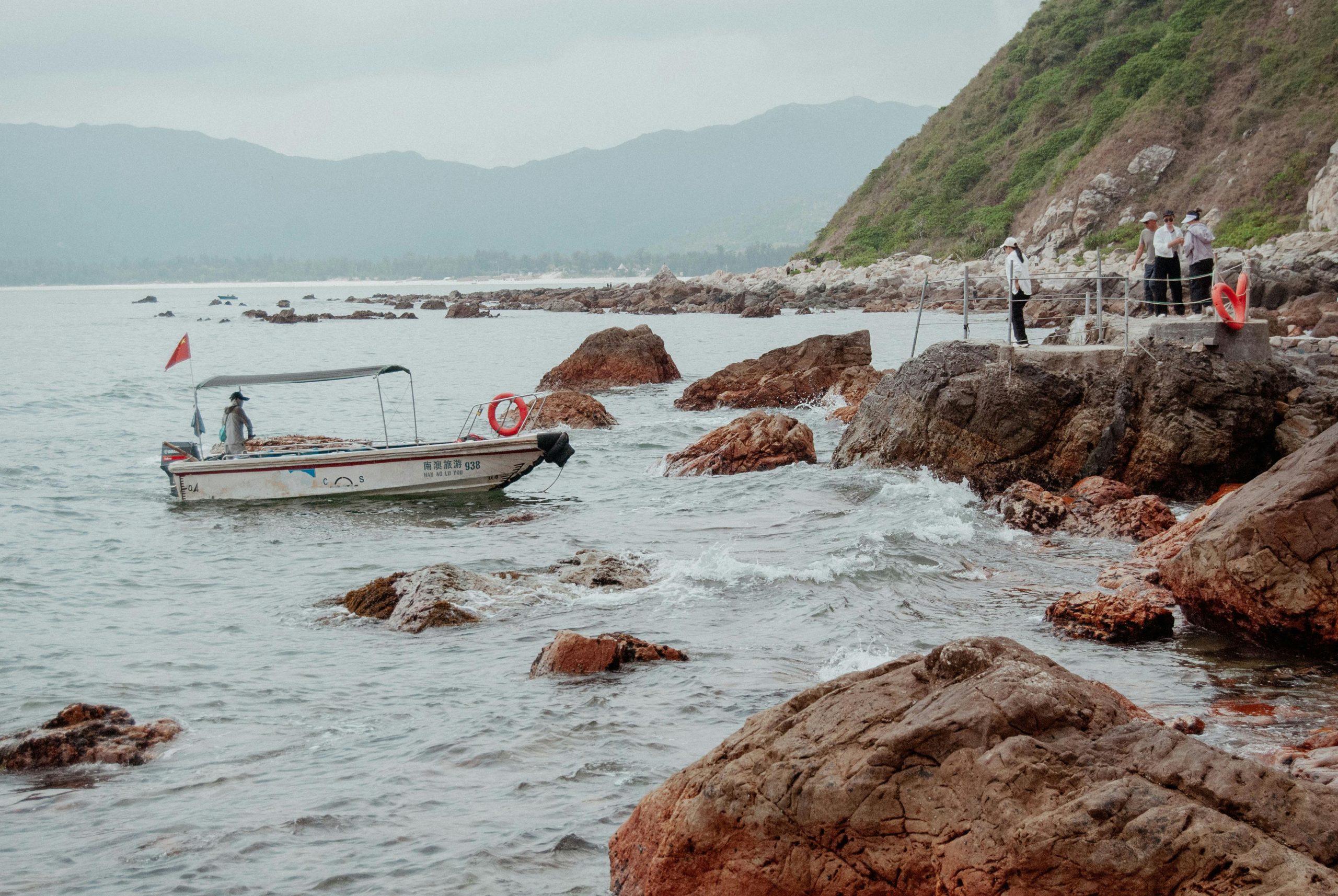


Spain, with more than 8,000 kilometers of coastline and a key geostrategic position in the Atlantic and the Mediterranean, is called to be a power in the blue economy, a model that promotes the sustainable use of marine resources to boost economic growth, innovation and environmental conservation.
According to the Spanish Maritime Cluster, this sector already represents around 2.3% of the national GDP and generates more than 691,000 jobs, covering industries such as fishing, coastal tourism, aquaculture, marine renewable energy and blue biotechnology.
As highlighted by El Estrecho Digital, Spain has enormous untapped potential, especially in areas such as offshore wind energy, smart desalination and the economy circular applied to the sea. However, to take advantage of these opportunities, it is necessary to overcome challenges such as regulatory fragmentation, investment in R+D+i and coordination between autonomous communities.
Galicia is the undisputed power of the blue economy in Spain, with a maritime-fishing sector that contributes more than 5% of its GDP. Companies such as Nueva Pscanova (a leader in aquaculture and seafood processing, with innovation in sustainable crops) and Grupo Jealsa stand out (specialized in preserves and fish products, with a strong commitment to the circular economy).
Andalusia stands out for its economic diversification linked to the sea, from fishing in the Strait to coastal tourism in Costa del Sol and Cádiz. Organizations such as CePesca (a leading association in sustainable fishing, with projects to reduce discards and improve selectivity) or EnerOcean& lt; /span> (a corporation that develops innovative technology in wave energy, that is, based on waves) are leaders in the sector.
The Valencian Community combines a strong coastal tourism sector with growing aquaculture. Some companies such as Valenciaport (a pioneering port in digitalization and green logistics) are pioneers in the sector.
The Canary Islands are a natural laboratory for the blue economy. Among the most prominent companies are Ocean Winds (a joint venture that develops the floating offshore wind project in Gran Canaria) or Instituto Tecnológico de Canarias (a leader in desalination with renewable energy and marine biotechnology).
Catalonia has one of the busiest port systems in Spain. Barcelona Ocean (innovation hub in the blue economy with marine monitoring startups) or Eurecat (a technological center that develops bioplastics from marine waste) are some examples of leading companies in the sector.
Spain is positioned as a key player in the development of the blue economy, a sector that combines economic growth and environmental sustainability through its vast marine resources and the promotion of innovative industries.
However, the future of the blue economy in Spain will depend on its ability to harmonize competitiveness and environmental protection, thus ensuring a resilient economic model that benefits both current and future generations. With a coordinated national strategy and the continuous commitment of pioneering companies, Spain has the opportunity to become a European benchmark for a truly sustainable and innovative blue economy.

This website uses cookies so that we can provide you with the best user experience possible. Cookie information is stored in your browser and performs functions such as recognising you when you return to our website and helping our team to understand which sections of the website you find most interesting and useful.
Strictly Necessary Cookie should be enabled at all times so that we can save your preferences for cookie settings.
This website uses Google Analytics to collect anonymous information such as the number of visitors to the site, and the most popular pages.
Keeping this cookie enabled helps us to improve our website.
Please enable Strictly Necessary Cookies first so that we can save your preferences!